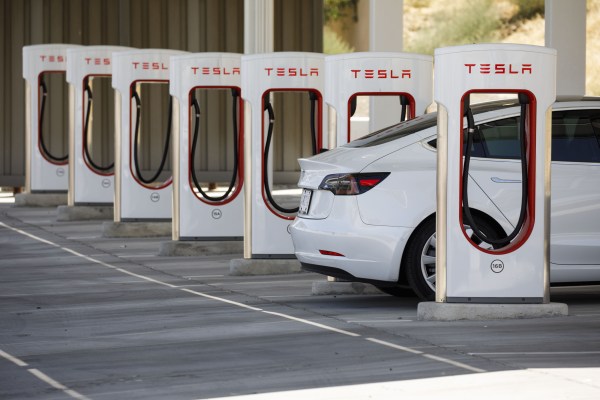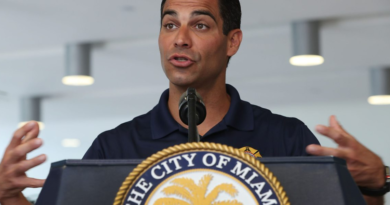Tesla opening its Superchargers to all EVs might be a masterstroke — or a terrible mistake

After a decade of keeping its North American charging network closed to outsiders, Tesla appears poised to allow other electric vehicles to use its Superchargers.
The White House announced on Wednesday that the company would open 7,500 chargers — including 3,500 250 kW stalls along highways — to any EV with the combined charging system (CCS), the standard broadly used in the U.S. (The company has vowed to do something similar before, so maybe don’t hold your breath just yet, though this new Biden administration fact sheet has some hard numbers, which were notably absent last year.) The first bricks in the EV charger wall should rattle loose by the end of 2024.
If Tesla follows through — again, a big “if” given the company’s preference for splashy announcements and optimistic timelines — it could usher in a sea change in EV charging infrastructure in the U.S.
Today, Electrify America, the closest competitor, has about 3,500 fast chargers. If Tesla were to make the change overnight, it would double the number of fast-charging stalls.
Tesla’s main motivator, of course, is getting a piece of the $7.5 billion EV charging pie that’s part of the Bipartisan Infrastructure Law. While opening a portion of the Supercharger network will help the automaker’s bottom line courtesy of the government, the move will also have some knock-on effects that are likely to upend EV charging in the U.S. Here are a few ways those could unfurl.
The cynical take is that Tesla is simply going to use federal money to put even more distance between itself and its competitors. It’s possible, even likely, that the company will use the new funding to add new stalls to its already enviable network.

